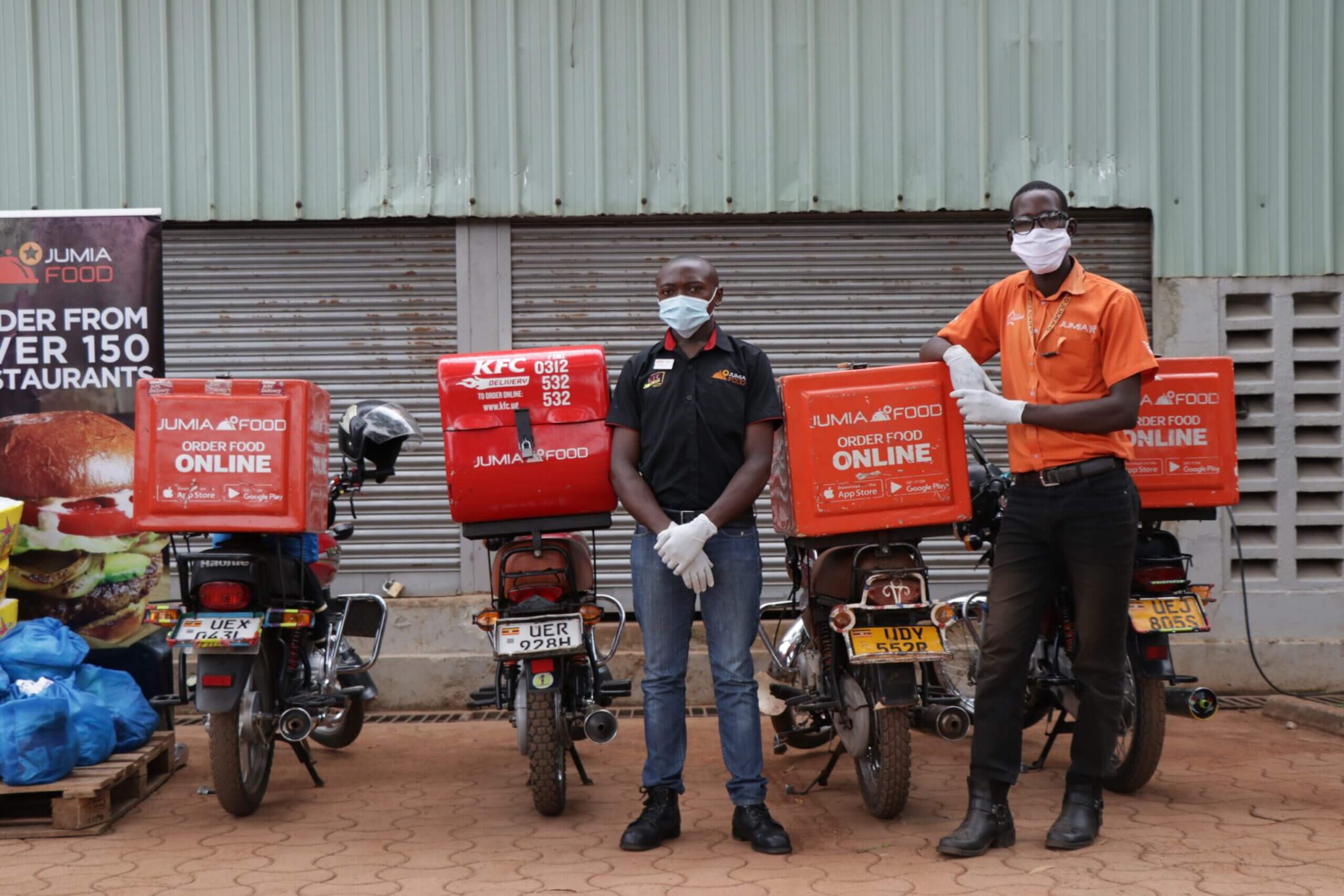Hot News
-
Quick Links
- Biography
- Technology
- Business
- Sports
Ugandan dental surgeon, businessman, and community leader, Dr. Martin Jerome Okec Aliker, passed away at 95. He advised presidents and chaired boards for numerous Ugandan companies, also serving as chancellor of Victoria University Uganda and founding chancellor of Gulu University from 2004 to 2014. Born in Gulu District on October 21, 1928, to Rwot Lacito Okech and Julaina Auma, he…
Socialite and media personality Sheilah Gashumba has reason to celebrate as she takes on the role of Chief Executive Officer at NRG Radio, Uganda. The station, launched just shy of two years ago, has quickly gained popularity in Kampala, particularly among urban youth, broadcasting on 106.5 FM.Gashumba's journey with NRG Radio began on February 10, 2023, when she joined as…
Humphrey Mayanja, the elder brother of Jose Chameleone, Pallaso, and Weasel, has passed away after a battle with cancer at the Mulago-based Uganda Cancer Institute. Chameleone shared a heartfelt image of Humphrey on his Facebook page, accompanied solely by his name and a crying emoji. Humphrey's health issues came to light last July upon his return to the US from…
Sheebah Karungi left her long time manager Jeff Kiwanuka alias Jeff Kiwa and…








Is it Coronavirus Or just allergies? Here are the frequently asked questions…
The most common types of pimples found in young adults are whiteheads,…
Besides that, it is also the main ingredient in many guacamole recipes.…
Some of the best vegetarian vitamin D sources include fish, mushrooms, egg…
This article aims to provide comprehensive insights into food allergies, shedding light…
The low carb, high fat nature of the ketogenic diet makes it…
If you suffer from gout, managing your symptoms can be a challenge.…
In addition, the last few weeks of pregnancy stages will make you…


Confirmed
0
Death
0
Zafaran, who last month signed a contract with Swangz Avenue, released a song entitled 'Sweetheart' under the label. KAMPALA | LIFESTYLE UGANDA (https://lifestyleuganda.com/) —Following her signing with Swangz Avenue last month, Zafaran released her very first song under the label called Sweetheart. Known by her real name Josephine Nakyoonyi, Zafaran was unveiled by Swangz Avenue on 18th March 2022 as one of their latest additions. The song is Zafaran's first release since joining Swangz. She showcases some of her best vocals in this powerful song as well as her lyrical maturity. Zafaran has officially launched her career with the new single written by Dokta Brain and produced by Bomba, which speaks of her unending love for her intimate handsome ''sweetheart''. It is also an upbeat dance track. With its beautiful harmonies and the countless bridges, interludes, and progressions in the song, the song establishes a new generation of musicians with tons of technical ability behind their creativity. Gabriel Kyambadde directed the video for 'Sweetheart' which is simple and colourful with Zafaran expressing her love through her movements. In addition to the costumes that showcase Africa's colourful and diverse culture, the choreographers add spice to the visuals.
Two days ago, Joint Intelligence Forces verified another infiltration by Allied Democratic Forces (ADF), resulting in attacks and fatalities among Ugandans. Col. Deo Akiiki, Deputy Defence Spokesperson, disclosed that the…




Subscribe to our newsletter to get our newest articles instantly!


Sign in to your account